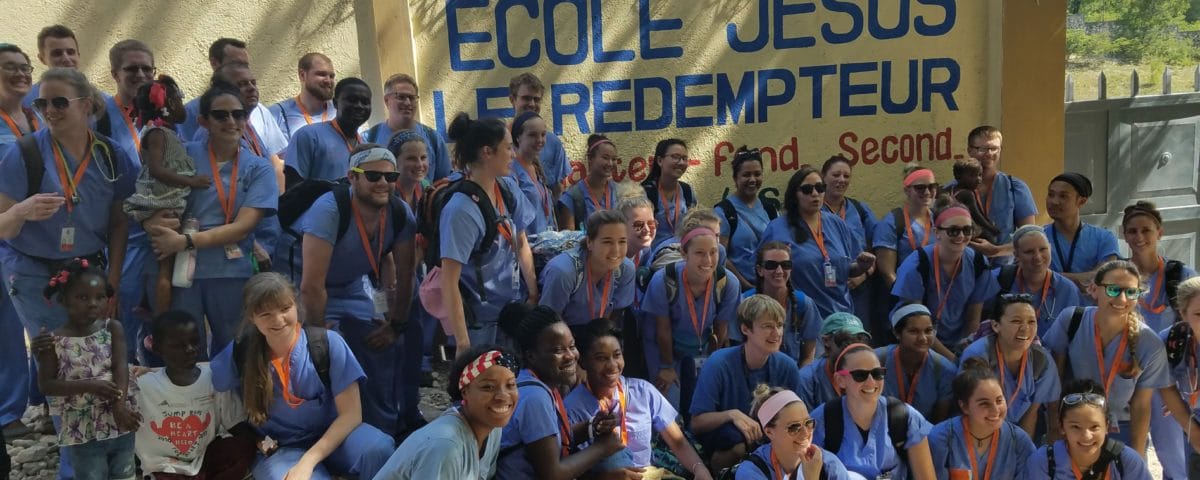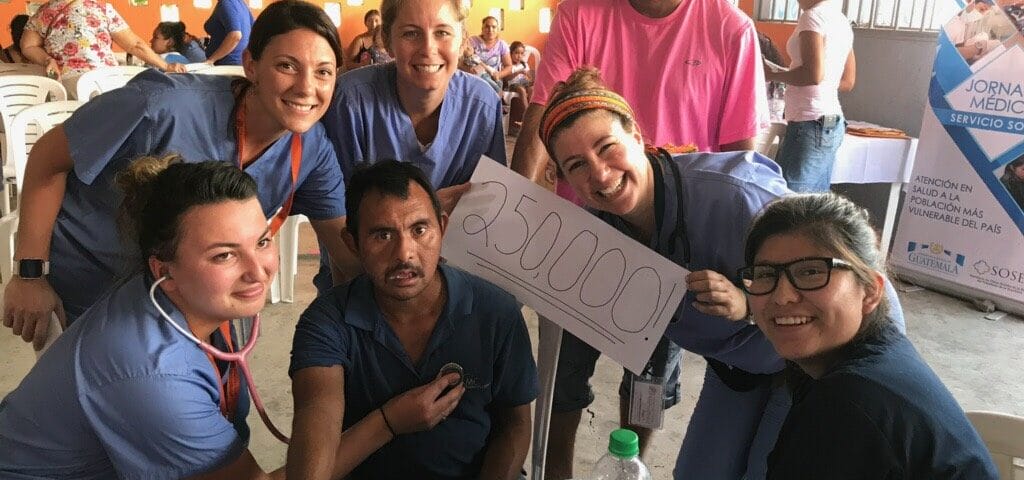
From the Eyes of a Volunteer
You’ve never really lived until you’ve done something for someone who can never repay you.Sometimes it can be something as small as paying ahead for someone’s coffee, when they could be having a bad morning. Or it could be something as far out in left field as a medical service trip to a place that is so poverty-ridden, that this may be the only healthcare they receive for who knows how long. Until next year? Until the next clinic comes into town? On June 3rd, 2017, myself along with 50 other people (who didn’t know each other) set out to


